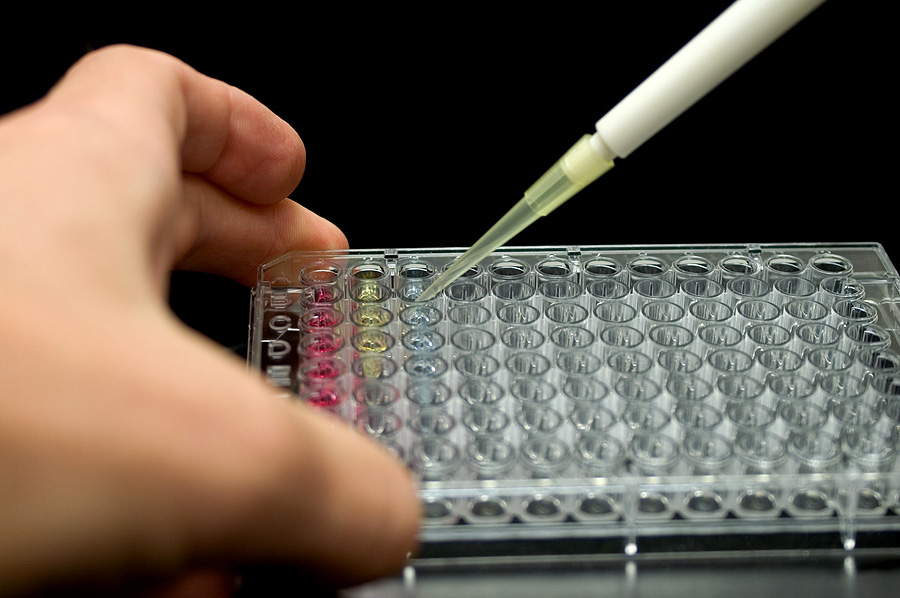The Different Fields of Forensic Toxicology

Forensic Toxicology Fields
There are many different types of forensic sciences and globally the American Academy of Forensic Sciences is the biggest forensic science organization. There are eleven sections in fields of interest, activity, education and the expertise of the individual members. The eleven sections include but are not limited to Anthropology, Criminalistics, Odontology, Pathology/Biology, Psychiatry & Behavioral Science, and Toxicology.
Forensic toxicology is the study of the effects of poisons on the human body. The core belief is that everything can be toxic to the body it is just dependent on the dosage. There are a number of subdivisions within the field of forensic toxicology but the three main sub-disciplines are:
- Post mortem forensic toxicology: This is commonly associated with investigations into the death of a person and determining their cause of death. People in this field will work with pathologists, medical examiners, and coroners to ascertain the role of alcohol, drugs, or poison in the victim’s death. Although very important, his type of forensic toxicology is not often encountered by people not in the field.
- Human performance toxicology: This focuses on researching the effects of new drugs on the body and the behavioral changes that each drug causes the user to undergo. This field also researches the addiction factor of each new drug. This field of toxicology has far-reaching effects on normal people all over the world, however it is often not in the public eye if the job is done properly.
- Forensic drug testing: Chemical tests can be done on urine, oral fluid, hair, sweat, and even on your breath to ascertain whether or not you are or have been under the influence of alcohol or drugs.
Forensic drug testing is a field that can affect the everyday person on a regular basis – for example, professional athletes are continually tested for use of performance enhancing drugs, many companies have strict no drug policies and will often test prospective employees or have random drug tests on current employees, and any person can be pulled over by a traffic officer at any time if they are suspected of driving under the influence and will then be tested for alcohol levels. Forensic drug testing can be executed in an extensive variety of settings and on any person.
Unfortunately, the understanding and conveyance of the results can be more demanding than the actual analysis. The results obtained are done using scientific tests and procedures that are multifaceted and hard for most people to understand. Especially when it comes to criminal cases involving drug and alcohol testing, communication is vital in order to ensure that the juries and lawyers can easily understand the information presented to them in court.
The use of contraband drugs are illegal in every state, unless prescribed by a doctor (for example medical marijuana) and driving under the influence is a common occurrence all over the country. This means that there are thousands of people who are being tested for these substances on a daily basis and forensic drug testing is an important field for every person to understand as there is a high chance that you or someone you love will be affected by it. For more information about forensic toxicology, drug and alcohol testing, and other related subjects, contact forensic toxicologist Okorie Okorocha.




